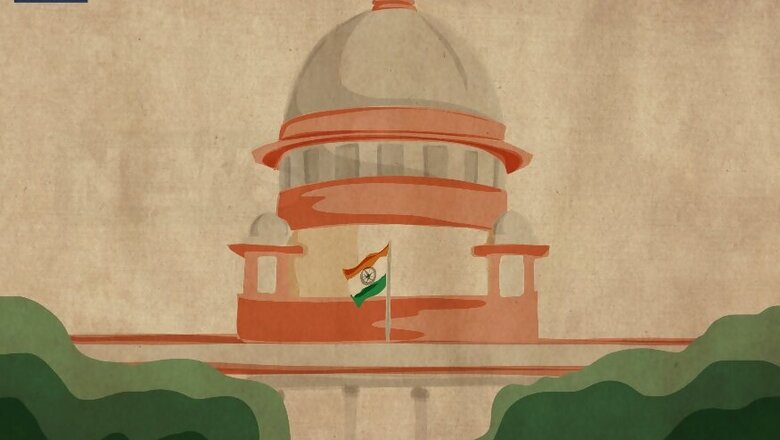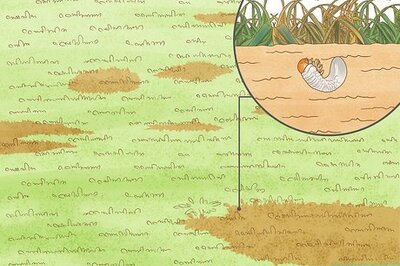
views
New Delhi: The Supreme Court held on Tuesday that intermediaries like Google India can be prosecuted for the offence of defamation instituted prior to the amendments to the Information Technology Act in 2009 as the earlier law did not provide any immunity from such liability.
The top court's ruling came on a plea by Google India, seeking quashing of defamation complaint initiated prior to the amendments in the IT Act. It held that the defamation complaint was of January, 2009 -- prior to the substitution of Section 79 of the Act on October 27, 2009, and it was not open to the Google India Pvt Ltd to seek shelter under the earlier provisions.
The top court refused to quash the defamation complaint against Google India Pvt Ltd for alleged hosting of objectionable content against a company, initiated prior to the substitution of section 79 of the IT Act protecting intermediaries from the liability.
A bench of Justices Ashok Bhushan and K M Joseph said that it is the matter of trial as to whether Google LLC (parent company) or Google India Pvt Ltd was the actual intermediary which hosted the alleged objectionable content against an asbestos sheet maker company.
"We hold that Section 79 of the Act, prior to its substitution, did not protect an intermediary in regard to the offence under Section 499/500 (defamation) of the IPC," the bench said. The top court set aside a finding of the Andhra Pradesh High Court with regard to the alleged refusal of Google India to respond to the notice to remove the alleged objectionable content.
It is for the trial court to decide the matter on the basis of the materials placed before it, and taking into consideration, the observations contained in this judgment, it said. In its 148-page verdict, the bench said section 79 of the IT Act, before its substitution, exempted the intermediary, from liability under the Act, with regard to any third party information if the service provider proves that "the offence or contravention was committed without its knowledge" or if it proves that all due diligence was exercised to prevent the commissioning of such offences or contravention.
The bench said that "it is our view that this is not a case where the High Court could be invited particularly in the light of the stand of the complainant, as noticed, to decide in favour of the appellant by holding that it is the parent company which is the actual intermediary and not appellant".
The top court allowed the magistrate to proceed with the complaint filed against the Google India while disposing of the appeal of the internet giant against the Andhra Pradesh High Court order, by which it refused to quash the defamation proceedings.



















Comments
0 comment